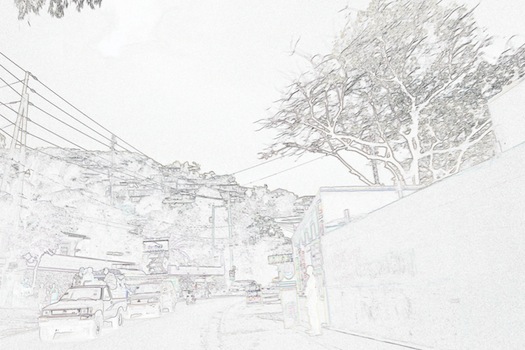By Guerda Nicolas
CJ Contributor
IT IS BECOMING CLEARER to everyone that in order for individuals as well as groups of individuals to thrive that a good mental state is necessary.
That became even more apparent to Haitians in Haiti after the 2010 earthquake during which many saw the importance of addressing the mental well-being of Haitians in Haiti and throughout the diaspora as a priority for rebuilding the country and its people.
Thus mental well-being is no longer something that is needed just for the privileged, but for all. Although many organizations responded to the abundant needs of the people in Haiti, such services have diminished significantly three years post the quake.
However, two organizations, led by Haitian mental health professionals are committed to keeping mental well-being of Haitians at the for front of the discourse: The Boston Haitian Mental Health Network and Rebati Sante Mentale in Miami.
These organizations are hosting international conferences in May and June, respectively, aim at developing culturally effective methods for addressing mental health issues among Haitians. These are events not be missed.
Bamboo: Rethinking the Concept of “Resilience” in the Haitian Community
May 3-4, 2013
Massachusetts School of Professional Psychology
One Wells Avenue Newton, Massachusetts
Insert from their website — as a nation, Haitians have often been compared to the bamboo tree, which has the distinct characteristic of weathering strong storms and winds seemingly unscathed. Since the disaster of January 12, 2010, the term “resilience” has frequently been associated with Haitians.
Indeed, in the aftermath of the earthquake, there were countless media images of Haitians persevering and going about their daily lives and activities appearing unfazed by the massive devastation and despair that surrounded them.
Those reactions and behaviors were frequently cited to depict Haitians as a resilient nation; a people that seemed to be unaffected by the magnitude of the tragedy and able to “bounce back”—like the proverbial bamboo tree. To date, many questions remain as to the applicability of the westernized construct of resilience to the Haitian experience. In the literature, resilience is defined as “patterns of positive adaptation in the context of significant risk or adversity” (Masten & Powell, 2003).
Yet, as robust as the research on resilience has been, further empirical investigations are needed to fully understand the contextual and cultural aspects of resilience vis-à-vis the Haitian community. For instance, how is resilience defined, conceptualized and measured among Haitians? What attributes of resilience are relevant to Haitians living in the homeland and the Diaspora? Is there a different, and perhaps more culturally appropriate, construct that can better capture the complexities of the lives of Haitians, their coping strengths and reactions to traumatic experiences both as individuals and as a cultural group?
Restoring The Haitian Psyche:
Mapping Mental Health Programs in Haiti
Summit Organized by
Rebati Sante Mentale Inc, in collaboration with University of Miami, School of Education and Human Development, Coral Gables
American Psychiatric Association (OMNA) on Tour
June 7-8, 2013
In response to the earthquake of January 12, 2010 in Haiti many organizations on the grounds in Haiti and abroad were galvanized to confront the challenges of mending a broken country, as well as the wounded mind and body of Haitians traumatized by the earthquake.
Recognizing the potential for redundancy of plans or projects by various organizations to address the unmet mental health needs of Haitians, and the risk of development of culturally incompetent programs to address such unmet needs, various stakeholders from Haiti, United States, and Canada came together at The first Haitian Mental Health Summit (HMHS) at the University of Miami in Coral Gables, Florida, from June 26th to June 27th, 2010 to address such challenges. Rebati Sante Mentale Inc, was created out of the groups that came together for the summit. Rebati Sante Mentale Inc, (www.rebatism.org) is dedicated to continue to develop a sustainable collaborative effort to maximize the mental health well being of Haitians living in Haiti, the US, and Canada.
The second summit also intends to continue to work towards finding sustainable strategies to restore the Haitian psyche and map. The Second Haitian Mental Health Summit will once again bring together practitioners, researchers, educators, and policymakers for the following objectives:
- Share the work that Rebati Sante Mentale Inc is doing with partners in Haiti to address the unmet mental health needs in Haiti
- Identify individuals or groups who are currently implementing sustainable mental health programs in Haiti and map such programs
- Generate an actionable list of recommendations from participating organizations about effective mental health strategies for different regions of Haiti that can support initiatives by the minister of health to execute on best methods for addressing unmet mental health needs in Haiti.
Dr Guerda Nicolas, a Caribbean Journal contributor, is the chair and associate professor in the University of Miami’s Department of Educational and Psychological Studies. This is the latest in a series of analyses on groups dealing with mental health work in Haiti.
